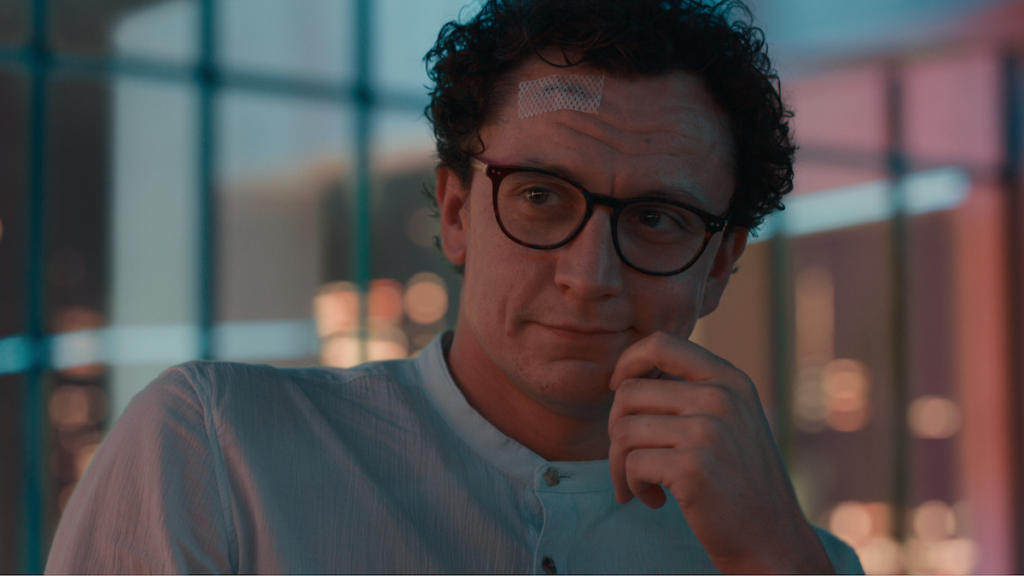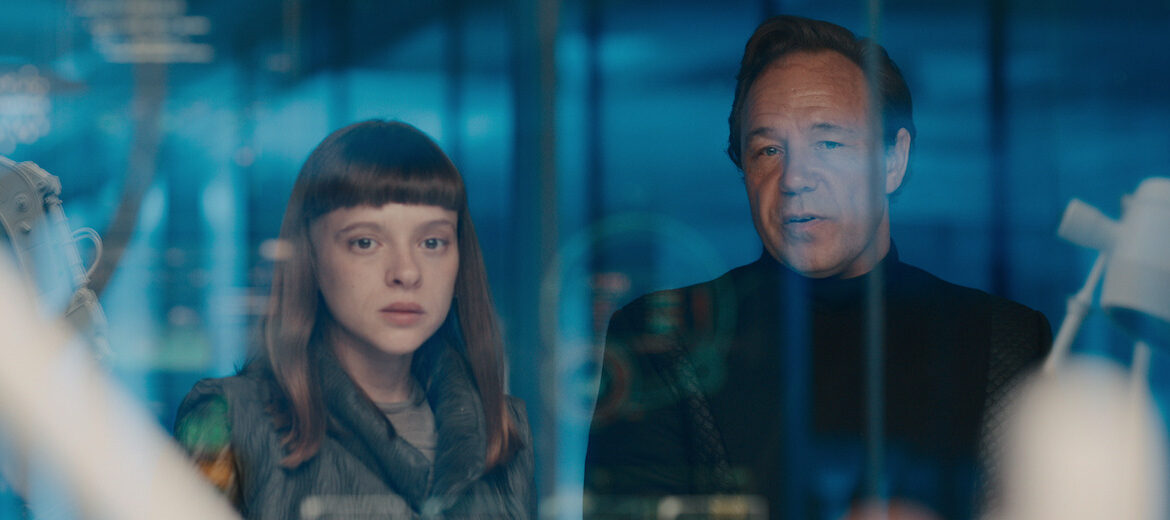In Netflix’s new series ‘Bodies’, we’re shown a murder, a perplexed detective trying to solve the crime, and then the extenuating circumstances they’re up against. Then we’re introduced to the crime again, and again, and again, with the same body but with a different detective and a new time period. By the end of episode 1, we’ve been introduced to the crime in 1890, 1941, 2023 and 2053. This captivating premise is a reason I flagged this series early on as a ‘must try’, as its mix of sci-fi and crime show, along with a stellar cast, specifically appealed to me. Fortunately the series lives up to my expectation and tells some impactful stories along the way to the finale.
What was most intriguing up front to me was the sci-fi element, as its the crux of the show in many ways (or at least it’d seem to be), since you have to wonder how/why is the same body ending up in different time zones. What I found is while the sci-fi is delightful, and as much as anything of this level makes sense, it was actually what fascinated me the least. What I loved is that this setup allowed the writers to tell stories about each time period and the people within in such beautiful ways.
In 1890, we’re introduced to DI Alfred Hillinghead played by Kyle Soller, a treasure who I’ve loved since Andor. Hillinghead plays a family man who is also a by the books cop who comes off as stuffy and rigid, but through this case Hillinghead learns how society treats the underprivileged and begins to understand life isn’t black and white.
In 1941, we’re introduced to DS Charles Whiteman, played by Jacob Fortune-Lloyd, who struggles as a Jewish cop in a world where anti-Semitism appears to run rampant. We also learn early on that Whiteman is by no means a saint, and its a testament to the series that this complex portrayal, which started as my least favorite time period, ultimate lead to some of the most beautiful, poignant moments in the entire series.
Lastly, as I will resist spoiling the 2053 year, we are shown 2023 our present year. Though the future 2053 appears to be our anchor, as much as there is one, it’s understandable that 2023 is the most familiar and the one probing current topics very directly. In this timeline, DS Shahara Hasan, played by Amaka Okafor, has a case that seemingly is more confounding than the others (for reasons that are explained later.) She also seems to meet with the fewest obstacles when working to solve her case; however, nothing is as clear as it seems.

Tom Mothersdale as Gabriel Defoe in Bodies (Matt Towers/Netflix)
As you can imagine what is essential for the writers is that ‘Bodies’ ties these stories together, and they do so in a rather creative fashion, cutting back and forth between scenes with unique edits and wipes, that seems to be inspired by the layout of the titular comic book written by Si Spencer the series is adapted from. These editing choices tie the series together even before you understand how the crimes connect through time. I think this was deftly handled, for when the explanation is revealed, which is less scientific but believeable enough for narrative purposes, I think it helps that the characters were woven together through the storytelling.
There is a lot more I would love to say about ‘Bodies’, but for this review I’ll leave it here to stay as spoiler free as possible. What I will say is that this show worked on all levels, and when you realize the throughline, as I do believe there’s one theme at the show’s heart that brings it all together, it’s even more powerful. I’m excited to see more people find this new series, and I’m hoping it leads to some incredible discourse surrounding the show and its ideas.









